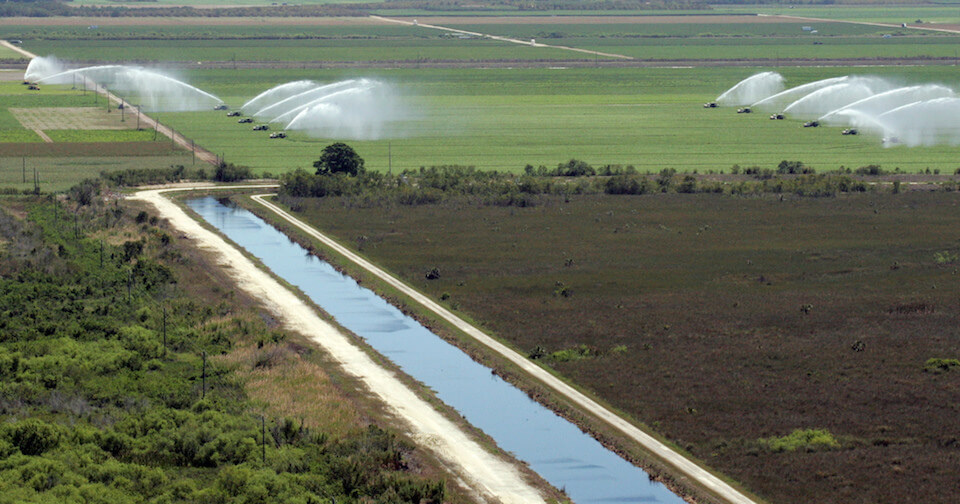- Competition & Overexploitation
Competition for Resources and Overexploitation

Florida’s natural systems, in addition to their role in supporting biodiversity, provide a multitude of public services—supporting working landscapes, commercial and recreational activities. When well-maintained and well-managed, Florida’s ecosystems can support these activities; however, overexploitation, misuse, and illegal activities can cause harm to the systems, communities, and species. Climate change can heighten species’ vulnerability to overexploitation and, inversely, exploitation has made species particularly vulnerable to changes in climate. Species and populations impacted by climate change may be more vulnerable to over-harvesting if they become easier to harvest due to altered and increased movements as they react to loss or degradation of habitat, if they are forced to find alternative food sources, if their behavior is altered, or if they become stressed or diseased.
Increases to ground and surface water withdrawal to accommodate current and increased human populations as well as potential shifts in land use could further degrade systems that are stressed by decreased precipitation and droughts. Extraction of fresh water can significantly alter natural water flows, leading to impacts on habitats and the populations and species dependent upon them. Reduced precipitation will act in concert with water extractive activities, leading to decreases in water availability and flows causing potential alterations in food/prey abundance and availability, misalignment of reproductive cycles of aquatic organisms, increased rates of disease/parasite transmission as species are crowded into fewer remaining suitable areas, and direct loss of habitat. Increased water demands for domestic, industrial, and agricultural use along with rising temperatures will lower water tables, severely impacting wetlands.
What's next?
Learn about how species and habitats were evaluated for climate vulnerability in Florida.